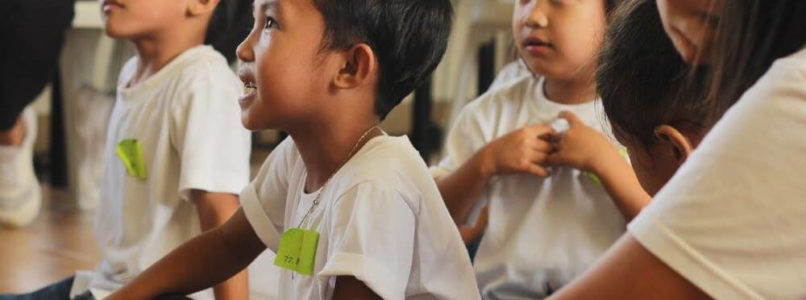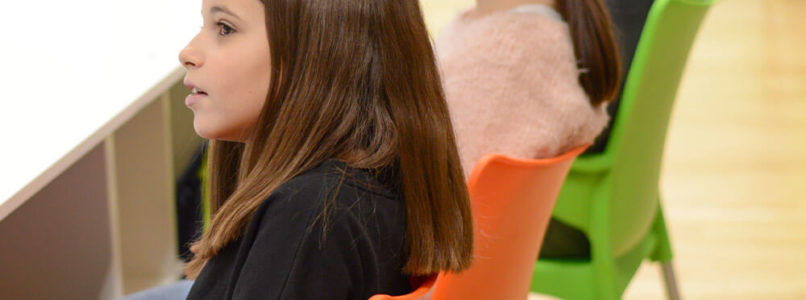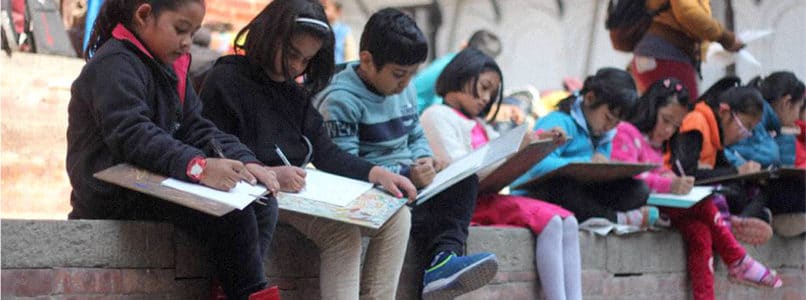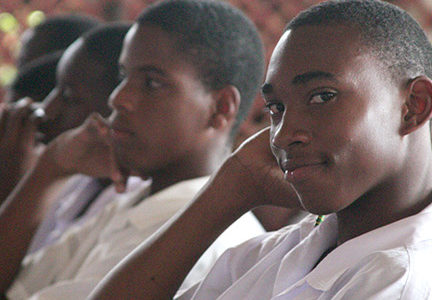A Resounding Message: The Human Dignity Curriculum in the Philippines
At the heart of the human dignity curriculum is the challenge to view oneself, one’s friends and family, and all people in the world as beings with inalienable and intrinsic dignity.
This universal message, that all human beings possess human dignity, is tailored to children and young adults in the Human Dignity Curriculum (HDC), which integrates a truly anthropological view of the human person with historical and real-life examples of heroes who fight and have fought for the recognition of human dignity.
In the Philippines, implementations of the Human Dignity Curriculum have achieved soaring success.
Even before the official launch of the Human Dignity Curriculum in 2017, pilot implementations of the program in Mandaluyong City and in two local slum communities in the Philippines were very successful, paving the way for future implementations across the country.
The vocabulary introduced in the HDC equips students with the ability to express and identify concepts such as dignity, respect, freedom, and solidarity. The program encourages students to view each decision they make and interaction they have in the context of their own personal value and the value of the people around them.
Aireen Navales, the Founder of Play, Learn and Serve–one of WYA Asia Pacific’s earliest HDC partners, shared, “If (the kids) are formed by the principles and values of WYA and the HDC at a very young age, then just imagine how these can inspire and encourage them to grow (up) with integrity.”
Human Dignity Curriculum implementations have become a reality thanks to the partnership of organizations such as Play, Learn, and Serve in Quezon City, a community-based character development program and one of HDC’s earliest partners, and Project PEARLS, a non-government, non-profit organization with the aim to “help the poorest of the poor children in the Philippines have a better life through education, empowerment, nutrition, and healthcare services.”
In Payatas, Quezon City, the Consuelo “Chito” Madrigal Foundation (CCMF) has supported the implementation of the HDC among a community of distressed families.
In the southern islands of the Philippines, The Ateneo de Zamboanga University (ADZU) Sugpat Program has integrated the Human Dignity Curriculum into their Alternative School for Peacebuilding and the Arts, where they empower and challenge young people to make informed decisions that respect the value of each person.
After the success of these implementations and partnerships, the HDC has continued to expand–both geographically and institutionally.
One of the latest HDC partnerships is with Barangay 746 in Marate, Manila, which serves as the primary implementing unit of government programs and policies within its area of jurisdiction. This partnership is itself a huge step forward, and has already begun to open up avenues for future expansion in both governmental and non-governmental institutions.
The exponential expansion of the Human Dignity Curriculum in the Philippines will continue to expand in the coming years, and with it, the message that all human beings possess intrinsic, universal, and inalienable dignity.
Original text by: Mary Imbong, Former WYA Asia Pacific Regional Director
Date: June 27, 2019

